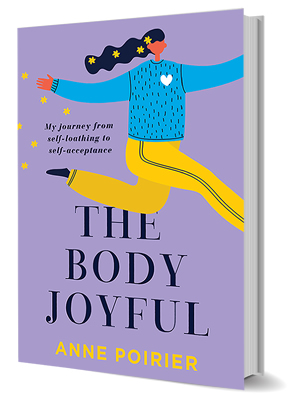Stress has been at an all-time high during the past few months. As I sit here and write this, there is uncertainty of what tomorrow will bring. Thus, there will still be stress. Stress impacts our bodies in a multitude of ways. From fatigue, increased cravings and irritability to depression, ulcers and high blood pressure.
One of the cheapest and simplest ways to help decrease stress is practicing gratitude. The practice of gratitude as a tool for happiness has been in the mainstream for years. Long-term studies support gratitude’s effectiveness, suggesting that a positive, appreciative attitude contributes to greater success in work, greater health, a higher sense of well-being, and a faster rate of recovery from surgery and illness.
But while we may acknowledge gratitude’s many benefits, it still can be difficult to sustain. So many of us are trained to notice what is wrong, broken, undone or lacking in our lives. And for gratitude to meet its full healing potential in our lives, it needs to become more than just a word used on Thanksgiving. In order to make the significant physical and emotional impact on our wellbeing, we want to see how we can make gratitude more like a daily habit.
That’s why practicing gratitude makes so much sense. When we practice giving thanks for all we have, instead of complaining about what we lack, we give ourselves the chance to see all of life as an opportunity and a blessing. Check out how in our Building a Gratitude Toolbox blog.
There is a direct link between stress and gratitude
We can see there is a direct link between stress and gratitude…so, why not put them together? Gratitude becomes an easy way to counteract the stress response…
Researchers have shown that the regular practice of gratitude will come with many health improvements: https://www.psychologytoday.com/blog/what-mentally-strong-people-dont-do/201504/7-scientifically-proven-benefits-gratitude
- Reduction in Stress and aggression
- Reduces the stress hormone cortisol, which impacts our weight.
- Experience more sensitivity and empathy toward others
- Improvements in Self Esteem
- Reduces the tendency to make social comparisons (which leads to decreased self-esteem)
- Better Sleep
- Writing in a gratitude journal before bed may help you sleep better and longer
- Improved Relationships and Connection with others
- Feeling appreciated by your partner deepens connection (important in feelings of belonging)
- Increased Happiness
- Study by Robert Emmons showed subjects that wrote down one thing they were thankful for everyday for 3 weeks experienced 25% increase in happiness over the next 6 months
Thank your way to happy
Actually, when you feel grateful, not only are you feeling happier, you also begin to gain genuine appreciation for your body as well. When that happens, you tend to make healthier choices for yourself; creating a win-win!
Gratitude isn’t a blindly optimistic approach in which the bad things in our life are whitewashed, dismissed or ignored. It’s more a matter of where we put our focus and attention. Pain, suffering and injustice will always exist in this world, and if we focus on them, we will see more of it. But, when we focus on the gifts of life, like laughter, joy, nature and friendship, we gain a much greater feeling of well-being. Gratitude balances us and gives us hope.
There are many things to be grateful for: colorful autumn leaves, legs that work, friends who listen and really hear, chocolate chip cookies, warm blankets, hot coffee, the ability to write, the smell of fresh cut grass, the sound of children laughing, puppy dogs and sunrises. What might you write on your list today?
If you are ready to destress while gaining body confidence, food freedom and self-acceptance…watch this free webinar. And then join the Body Joyful Revolution. A private safe, nonjudgmental space that empowers and inspires women, regardless of size, shape or weight to feel comfortable and confident in their bodies and selves.


